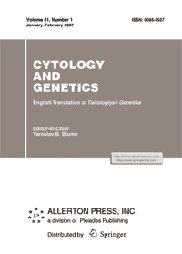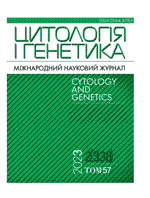SUMMARY. The effect of A. rhizogenes-mediated genetic trans-formation on the antioxidant status of Artemisia tilesii, A. vulgaris, A. dracunculus and A. annua transgenic roots has been studied. Antioxidant activity (AOA) of aqueous extracts was determined using methods based on the ability to reduce DPPH+ and ABTS+-radicals. The level of AOA (DPPH) in 50 % of extracts obtained from transgenic roots, was higher than the level of activity possessed by extracts from untransformed roots. An increased ability to reduce the ABTS+ radical was observed in 80 % of the extracts. Extracts of A. annua and A. tilesii transgenic roots were the most active while the lowest antioxidant activity was shown in A. dracunculus extracts. Thus, A. rhizogenes-mediated transformation has led to a change in the antioxi-dant status of the «hairy» roots of several Artemisia spp. plants (except A. vulgaris). It can be used as a method for the enhancement of the natural antiradical properties of plants belonged to Artemisia genus.
Keywords: Artemisia, «hairy» root culture, DPPH+, ABTS+, antioxidant activity

